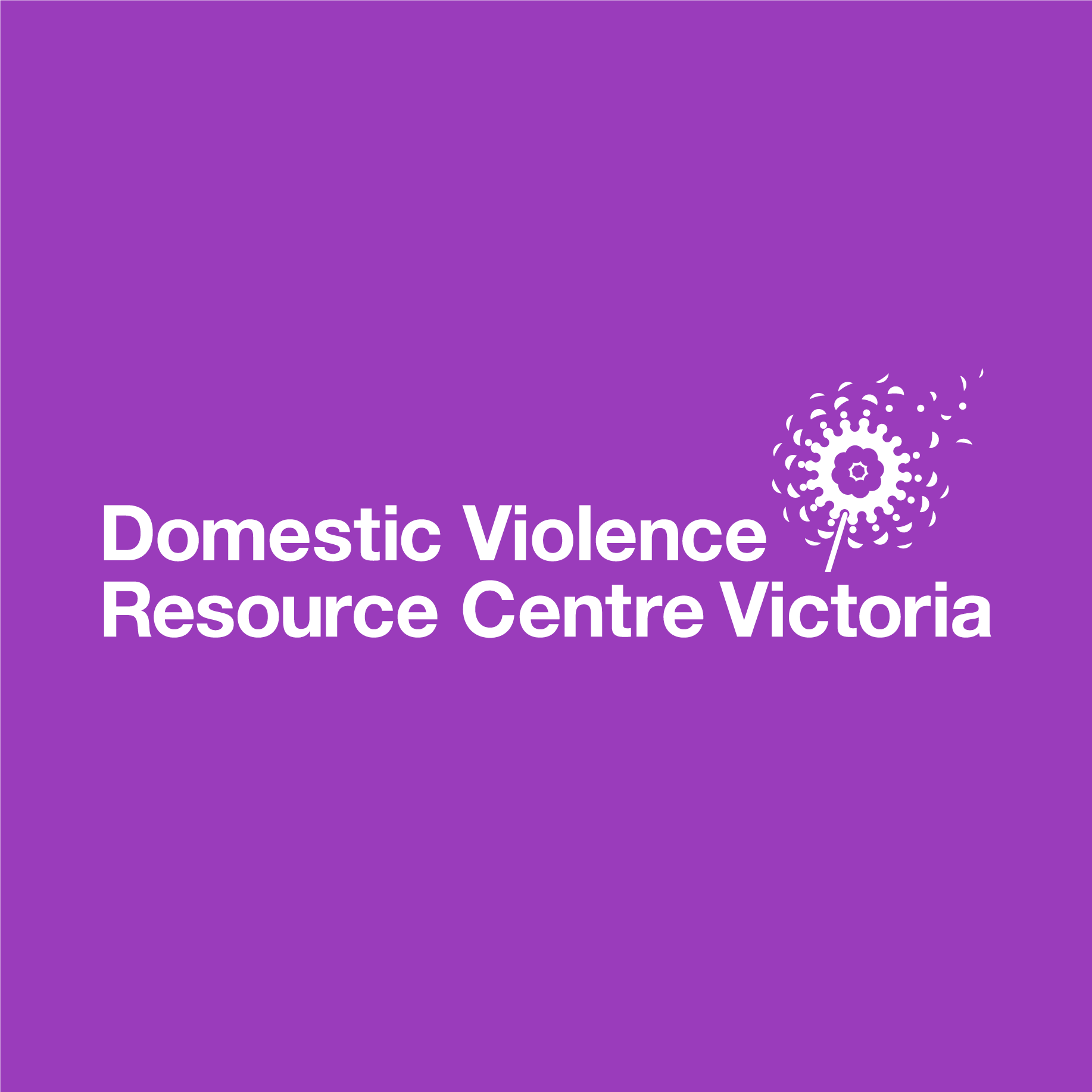Susan George is an AOD (alcohol and other drugs) Specialist Family Violence Adviser (SFVA), auspiced by Odyssey House Victoria (OHV), building capacity for family violence assessment and response to all AOD service providers in the western metropolitan catchments. We spoke to Susan about the challenges and opportunities of her role.
Tell us about your role in AOD services in the western metropolitan catchments.
The Specialist Family Violence Advisor program was established in response to recommendations of the Royal Commission into Family Violence to build capacity through improving early identification and intervention to family violence by the AOD and mental health sectors. The program aims to strengthen inter-sector and cross-service coordination and collaboration, moving towards integrated and consistent responses to family violence.
What needs to be considered in the AOD context for Specialist Family Violence Advisors?
The AOD sector responds both to those experiencing and using family violence.
There is scope to consider the potential barriers for women attending AOD services, as currently the majority of clients accessing AOD services are men. Western Health – Drug Health Services have a women-specific AOD day rehabilitation program which includes addressing family violence. However, many AOD clients who have partners using violence may not be accessing specialist family violence services out of fear that their help-seeking might be used against them, both by the perpetrator and by the service system.
The large number of men accessing AOD services also provides an opportunity to further develop understandings and leadership within the AOD sector, particularly regarding developing non-collusive practice in how to raise respectful accountability questions with those who perpetrate violence.
Cross-sector collaboration can also provide an important opportunity to bring AOD and mental health knowledge back into the family violence sector, improving access and support to those who also have AOD and mental health needs. Coordinated and systemic partnerships are integral to building comprehensive risk assessment and interventions.
What are the challenges and opportunities working as a family violence specialist in the AOD sector?
Building collaboration across the sectors will require deconstructing past siloed approaches that may have existed across specialist sectors. This cross-sector work also brings opportunities to improve responses, skills and understanding of family violence for all sectors, including family violence, AOD and mental health. At a systemic macro level, this includes opportunities to improve referral pathways, develop secondary consultation systems, and offer co-case management. Developing skills and practices to avoid collusion and improving respectful responses with those who use violence creates interventions that generate individual and community accountability. Improving these responses would also assist in prioritising the safety of families who are experiencing family violence.
Another important opportunity is engagement with criminalised women, who are often identified as being ‘high risk of lethality’ through the RAMP specialist family violence program, and AOD services may be the only supports they are actively engaged with.
What are the benefits of having specialist practitioners in organisations outside the family violence sector?
Being located in an AOD organisation external to the family violence sector facilitates incidental family violence consultations and the establishment of secondary consultation systems. My attendance at AOD clinical reviews and team meetings prompts a focus on family violence, providing opportunities for practitioners to develop a family violence lens and increasing their capacity to identify family violence risk, navigate referral pathways and undertake safety planning.
Another significant benefit is the opportunity to identify AOD practitioners who have an interest in and commitment to addressing family violence. Mentoring opportunities can be developed for those practitioners, and their involvement and expertise utilised to establish capacity-building activities within their teams/services. This can help to effect systemic change and build capacity to support improved responses to family violence.
If you could improve the way that Specialist Family Violence Advisors work in other services, what would you do?
It seems essential to me that Phase 2 of the AOD and mental health Specialist Family Violence Advisor program has a coordination infrastructure across Victoria. Encouraging the sharing of information and strategies amongst advisors would facilitate the systemic changes that advisors have been tasked to implement, including breaking down barriers and bridging identified gaps in service and sector responses across the family violence, AOD and mental health sectors.
This article features in the April 2019 edition of DVRCV Advocate.
